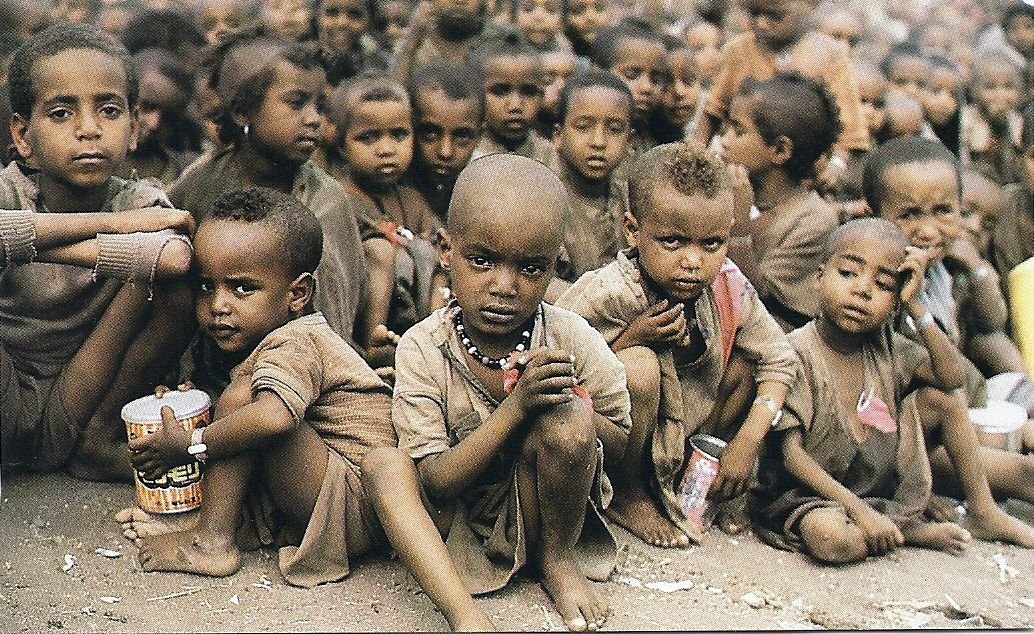Recently, tiger nut milk has gained popularity as a dairy-free alternative due to its rich, creamy texture and nutty flavor. In addition to being a delicious alternative to dairy milk, tiger nut milk also offers a number of health benefits.
Let’s explore some of the health benefits of tiger nut milk.
Health Benefits Of Tiger Nut Milk
Below are some of the health and nutritional benefits of tiger nut milk.
1. Very Rich in Fiber
One of the primary health benefits of tiger nut milk is that it is rich in fiber. Fiber is an important nutrient that helps to support digestive health, regulate blood sugar levels, and lower cholesterol levels.
Tiger nuts are high in soluble fiber, which helps to keep the digestive system running smoothly and prevent constipation.
In addition, fiber helps to regulate blood sugar levels by slowing the absorption of sugar into the bloodstream, which can help to prevent spikes in blood sugar levels.

2. Contains Healthy Fats
Tiger nut milk is also a good source of healthy fats, which is another fascinating nutritional benefit of Tiger nuts.
Tiger nut are also rich in healthy monounsaturated and polyunsaturated fats, which have been shown to support heart health by lowering cholesterol levels and reducing the risk of heart disease.
In addition, healthy fats are important for overall health as they help to support brain function, improve joint health, and regulate hormone levels.
3. Rich Source of Antioxidants
Another health benefit of tiger nut milk is that it is high in antioxidants.
Antioxidants are important nutrients that help to protect the body from oxidative stress and reduce the risk of chronic diseases, such as cancer, heart disease, and diabetes.
Tiger nuts are high in antioxidants, including vitamin E, which has been shown to support heart health and reduce the risk of heart disease.
In addition, vitamin E is important for skin health as it helps to protect the skin from damage caused by free radicals and UV radiation.
4. High Nutrients Contents
Tiger nut milk is also a good source of vitamins and minerals, including iron, magnesium, and potassium.
Iron is important for the production of hemoglobin, which carries oxygen to the body’s cells and helps to prevent anemia.
5 Alternatives to Dairy Milk
In addition to the health benefits mentioned above, tiger nut milk is also a good alternative to dairy milk for those who are lactose intolerant.
Unlike dairy milk, tiger nut milk is naturally lactose-free and can be consumed by those with lactose intolerance without causing any adverse effects.
Tiger nut milk is also a good alternative for those who are vegan or who have dietary restrictions, as it is made from a plant-based source.

6. Free of Gluten
Tiger nut milk is naturally gluten-free, which is a benefit for those with celiac disease or gluten intolerance.
Gluten is a protein found in wheat, barley, and rye that can cause digestive problems and other health issues for people with celiac disease or gluten intolerance.
By drinking tiger nut milk, they can still enjoy a creamy, nutty beverage without having to worry about any adverse effects.
7. Boosts Fertility and Sexual Health
Another potential health benefit of tiger nut milk is that it could boost fertility and sexual health in males.
A study showed that consuming tiger nuts can help improve testosterone levels and boost sexual activity.
Another study stated that tiger nuts may increase testosterone and copulatory activities.





